
In the household I grew up in, there was no ‘healthy’ food or ‘unhealthy’ food; there was just food. Sure, some food might be ‘better for you’ than others, but we didn’t really know what that meant. The word ‘health’ has a very different meaning to me now than it did when I was young. Since then, my entire idea of what it means to be healthy has flipped; and this shows me that the truth surrounding what it actually means to be healthy is veiled in misinformation.
The book ‘Food and Healing‘ by Annemarie Colbin asks “What is wrong with our contemporary assumptions about health and illness?” and indicates there are three primary errors in the system of beliefs that guide our health, which I happen to completely agree with. These are:
 A belief that our physical symptoms, things like headaches, pimples, and stomach aches, are just false reactions by the body to normal stimuli.
A belief that our physical symptoms, things like headaches, pimples, and stomach aches, are just false reactions by the body to normal stimuli.
“The assumption that physiological ‘symptoms’ (headaches, sneezing, fatigue, pimples, stomachaches, backaches, and all the rest) are mistakes, that they should be corrected or ‘treated’ and that if this is not done, things will get worse.” (‘Food and Healing’)
Basically, this is the belief that our physical system will deteriorate unless we intervene, via drug or surgery. It makes us ask “How can I get rid of these symptoms” rather than “What is the cause of these symptoms and how do I avoid these symptoms in the future?”
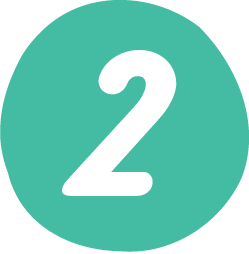 A belief in the power of surgical intervention and/or chemical substances to restore one’s health by disrupting the process of disease.
A belief in the power of surgical intervention and/or chemical substances to restore one’s health by disrupting the process of disease.
“Drugs and medications do not heal the gaps in our health. They only interrupt the various natural processes that are often erroneously perceived as noxious, or ‘sickness’.” (‘Food and Healing’)
We love to treat minor physical irritations with drugs, no matter how small; and this can have a profound effect on our health, since not only do these drugs have a slew of side effects, but they interfere with our body’s reaction and healing process (Assuming it is something the body is capable of healing itself from, like a cold, not a horrible disease).
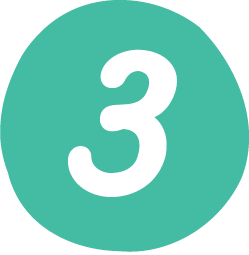 A belief that what we eat has no relation to our symptoms of illness.
A belief that what we eat has no relation to our symptoms of illness.
“A third major error in our approach to health and illness was the belief that food had very little, if anything, to do with the state of our health. The stomachache was seen as an erroneous reaction to proper food, instead of a normal reaction to improper food.” (‘Food and Healing’)
The scientific understanding of food’s effects on our bodies is still limited and it can be difficult to convince people that food has a direct effect on how we feel. Fortunately, many people are beginning to realize that their diets play an enormous impact on their health.
In addition to these beliefs, there’s a fourth one I want to add, since I see it so often:
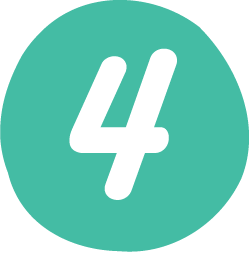 The belief that is that physical activity can compensate for an unhealthy diet.
The belief that is that physical activity can compensate for an unhealthy diet.
“While exercise is wonderful and necessary for a healthy life, it cannot make up for poor eating habits.” (Healthy at 100 by John Robbins)
I know many people who assume that, despite an unhealthy diet of fried, sugary, and processed foods, assume because they are very physically active, they are healthy; that somehow their high level of fitness completely makes up for a poor diet. Don’t assume you’re healthy just because you can run a marathon. Health isn’t just about your stamina; it’s about how well your body is able to function, grow, heal, and detoxify, and the fuel we need for those functions are given to us by a nutritious diet. (Not to understate the power of physical activity though, because it is very important!)
IN CONCLUSION
The number one issue that I believe helps perpetuate these false beliefs is that people do not listen to their bodies. You should be energetic, happy, and free from pain. Listening to what your body is telling you is the best way to make this happen. Pay attention to physical symptoms; what food could be causing your stomach ache? Your headache? Know that surgical and pharmaceutical intervention can do amazing, miraculous things, but they can’t do everything, and sometimes they are only a temporary, bandage solutions to much larger problems.
FEEDBACK
Are there other common beliefs that people have surrounding their health that could be added here? Let me know in the comments!

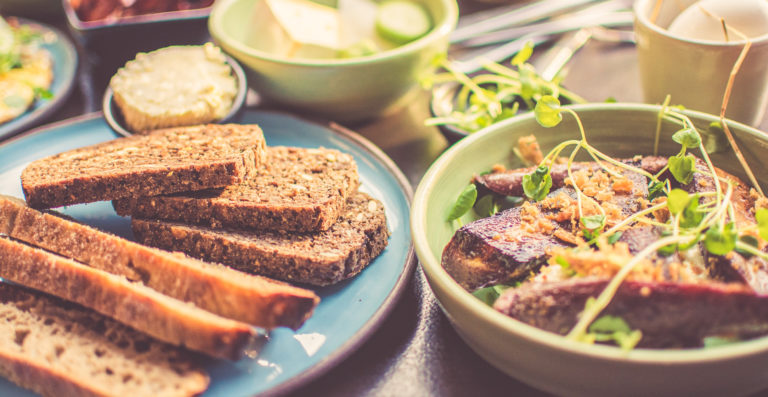
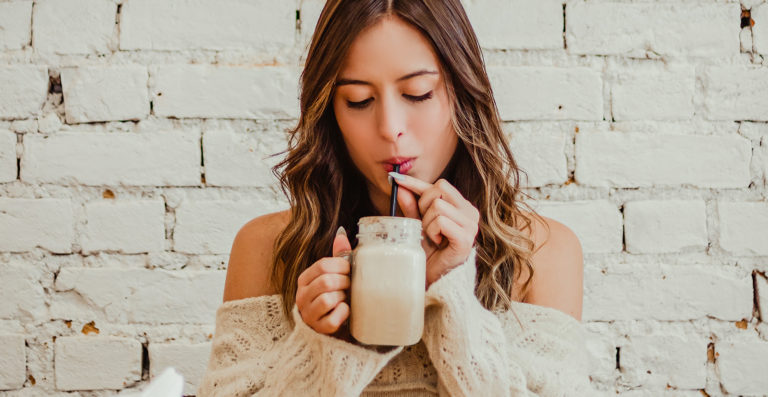

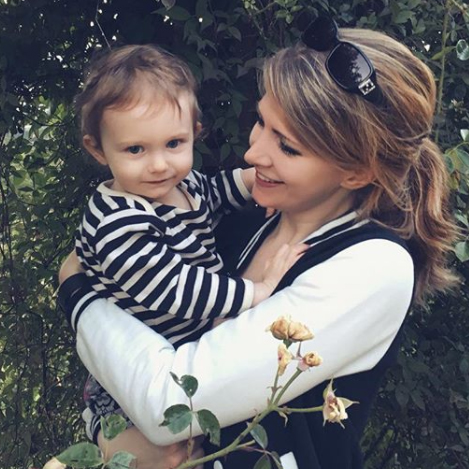
Leave a Comment